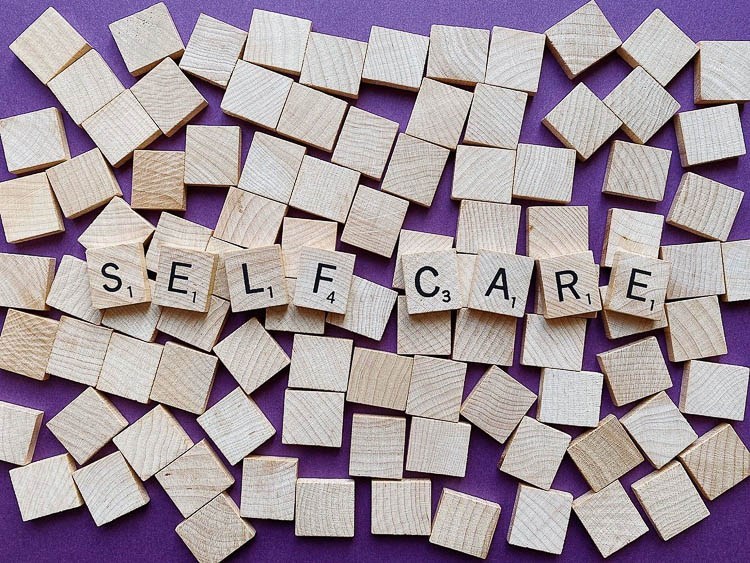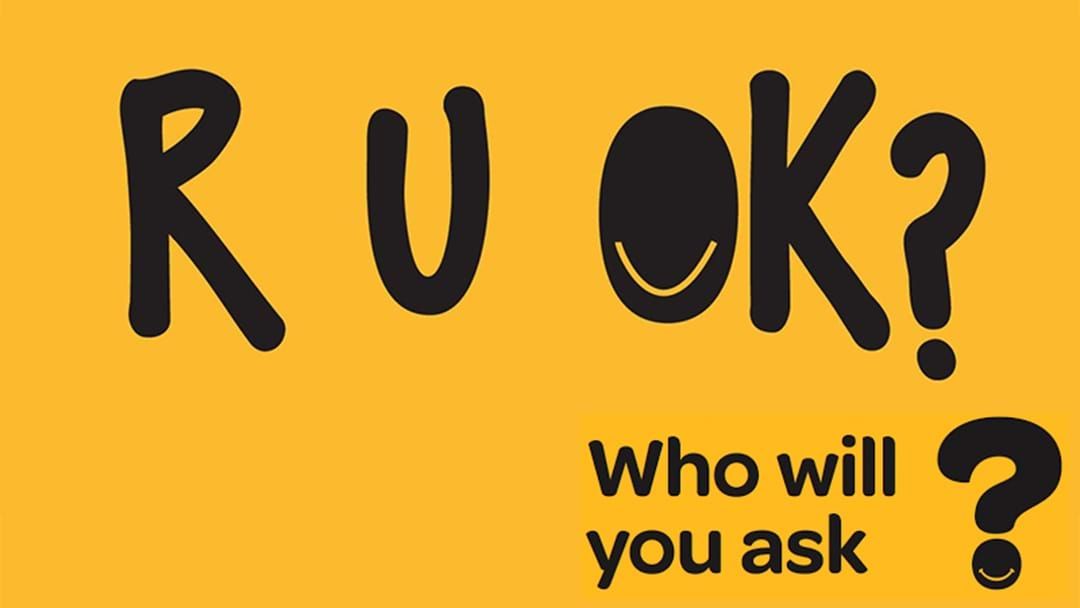Tips for taking care of yourself and your mates
Why is taking care of yourself important?
Men tend to fall down when it comes to self-care. Do conditioning and the pressures of modern life cause the fall?
Self-care is a fundamental practice that needs to be built into our every day lives. It aides our physical, mental and emotional health in the following ways;
- Our health gets better
- Our mental health is in better shape
- We are simply more available and present for our loved ones.
- Our stress levels decrease, negating the negative impacts of stress
- Our levels of resilience are much higher
- Our ability to access higher levels of creativity and clear thinking are enhanced
- We simply perform better
- We become a role model – we give permission to other men AND the next generation to put self care high on the agenda.
- Many of the issues that we face in society would be alleviated if we simply put good self care higher on the agenda!
Click here to read more about the benefits of taking care of yourself.
How to deal with disappointment
Dealing with disappointment can be overwhelming, but you don’t have to let it build up or take over your life. Learn how to cope with disappointment and avoid being overrun by negative feelings.
Click here to read more about how to process disappointment
What does taking care of yourself really mean?
Good self care renews your energy, refreshes your mind and spirit and keeps you in tip top shape.
Good self-care is an investment in ourselves. It consists of practices and habbits and is built into our daily routine.
Men often think of self-care as a physical thing. Its important to keep in mind self-care should incorporate emotional, mental and physical wellbeing. Keep reading to see some self-care tips.
How to implement a self-care routine
Self-care is best pursued one step at a time. Rather than try to overhaul your life overnight, pick one area where you can build in a new habit. As you notice the benefits in this area of your life, you’ll find more motivation to shift toward self-care in another area
Gotcha 4 Life
When it comes to mental ill-health and suicide, early intervention and prevention really are better than cure. Gotcha4Life is working in communities across the country – from cities to rural towns. In schools, sporting clubs, local community groups, and workplaces creating meaningful mateship and engaging individuals, families, and communities on how to build better mental fitness.
Coping with burnout
What happens when we don’t take care of ourselves physically, emotionally and mentally? We can burnout.
Burnout is a term that describes feelings of long-term exhaustion, both mental and physical, as well as disinterest with work. Caused by excessive and prolonged stress, burnout makes you feel overwhelmed and drained. You may also feel like you can’t complete simple daily tasks.
Click here to read more about how to cope with burnout and the signs to look for.
30 Self-Care Tips/ How to take care of yourself
How often do you make time to take care of yourself?
There’s no perfect way or secret formula for self care. You need to find what works for you and which self care ideas deliver genuine results to your wellbeing and mental health. The key to self care is consistency, there is no point doing something once and giving yourself a pat on the back. To feel the true benefits and be your best self, you need to practice these methods repeatedly and build them into your everyday life. Simply, you need to care everyday.
Being your best self doesn’t happen naturally, it takes time and it takes effort, we just need to prioritise its importance. It seems strange that on our list of priorities, we usually put ourselves near the bottom.
We encourage you to choose a handful of these tips and give them a try and see how you feel.
To see the full list of 30 self-care tips, click here
selectability Podcast – Self-Care
Self-care is an ongoing commitment to look after yourself through helpful behaviours that protect your health during periods of stress. In this edition, selectability counsellor, Suz Bocking, discusses the importance of self-care and how to put it into practice … have a pen and paper ready as she’ll take you through a short activity!
Reconnect With Your Hobbies
For many men, the only time they disconnect from work is in doing something mindless, like video games or Netflix bingeing. Oftentimes, it’s accompanied by a low-key vice, such as drinking or gambling. While those activities are pleasurable, they fall more under the category of distractions than true self-care.
Spencer-Thomas acknowledges that distractions feel like self-care in the moment — a burst of oxytocin after hooking up with someone you just met, a dopamine rush from reckless behavior. “In many circles, this is congruent with masculinity — we go out together and get drunk, hit on women, etc. But taking those shortcuts to feeling better will bite you in the butt later.”
Dr. Ira agrees that it’s important to have times for blowing off steam. But what many men don’t realize is that the best cure for professional overstimulation is stimulation in a new form — intellectual, cultural, or even spiritual.
But even something as simple as rediscovering a favorite hobby can offer a breakthrough for mental and emotional well-being.








